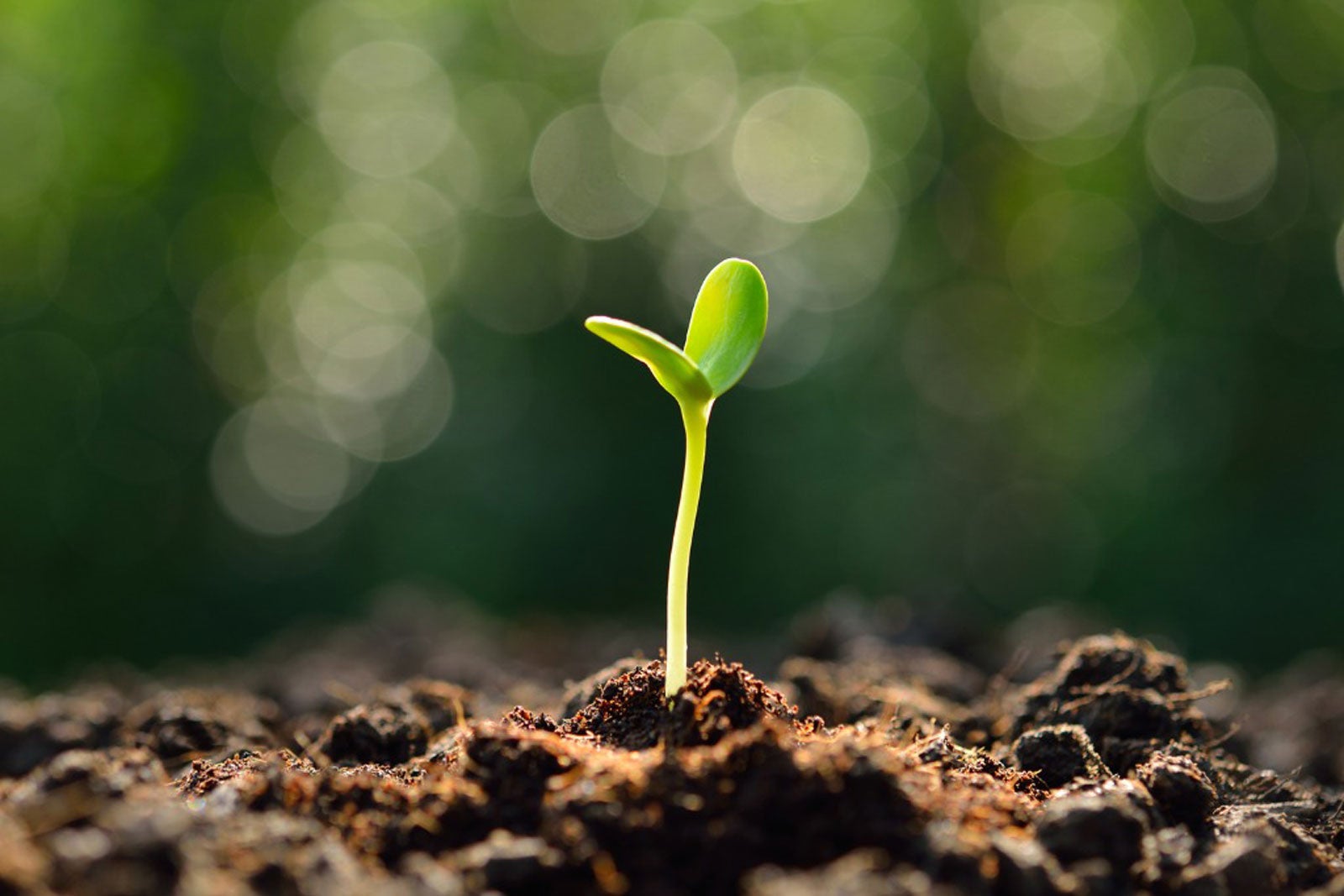Plants, the silent architects of our planet's ecosystems, rely on a delicate balance of nutrients for optimal growth. While sunlight, water, and macronutrients like nitrogen, phosphorus, and potassium are essential, a lesser-known group of players also contributes significantly: vitamins. This article explores the fascinating world of vitamins and their profound effects on plant growth.
We'll begin by demystifying vitamins, differentiating them from macronutrients and exploring their diverse roles in plants. We'll then delve into the specific effects of various essential vitamins on plant growth and development. Finally, we'll explore practical applications of understanding vitamin influence in agriculture and horticulture.
Vitamins: The Microscopic Mavens of Plant Health
Unlike macronutrients, which plants require in large quantities, vitamins are micronutrients needed in much smaller amounts. However, their importance is undeniable. Vitamins act as coenzymes, essential partners for enzymes that drive various biochemical reactions within plants. Without these coenzymes, many critical processes would stall, hindering growth and development.
Plants can be categorized based on their ability to synthesize vitamins:
- Essential vitamins: These vitamins cannot be produced by the plant in sufficient quantities and must be obtained from the environment, typically through the root system from the soil or from foliar application (spraying directly onto leaves). Examples include vitamin B1 (thiamine), vitamin B6 (pyridoxine), and vitamin C (ascorbic acid).
- Non-essential vitamins: Plants can synthesize these vitamins internally, but external supplementation can still be beneficial under certain conditions like stress or nutrient deficiencies. Examples include vitamin B2 (riboflavin) and vitamin K (phylloquinone).
Let's delve into the specific effects of some key vitamins on plant growth:
- Vitamin B Complex: This group of vitamins plays a crucial role in numerous plant functions:
- Root development: Vitamin B1 (thiamine) aids in root cell division and elongation, promoting a healthy root system for efficient nutrient and water uptake.
- Photosynthesis: Vitamin B6 (pyridoxine) is involved in chlorophyll biosynthesis, the green pigment essential for capturing sunlight energy during photosynthesis.
- Stress resilience: Several B vitamins contribute to a plant's ability to cope with environmental stresses like drought or temperature fluctuations.
- Vitamin C (Ascorbic Acid): This potent antioxidant protects plant cells from damage caused by free radicals, molecules produced during various metabolic processes. Vitamin C also plays a role in cell wall formation and defense mechanisms against pathogens.
- Vitamin E (Tocopherol): Another powerful antioxidant, vitamin E safeguards plant cell membranes and photosynthetic machinery from oxidative damage. It also influences seed germination and seedling vigor.
While non-essential vitamins are synthesized by plants, external supplementation can be beneficial in specific scenarios:
- Vitamin K (Phylloquinone): Plays a vital role in photosynthesis and blood clotting (though not relevant for plants). Supplementation can be helpful under conditions that limit vitamin K production within the plant.
- Vitamin B2 (Riboflavin): While produced internally, additional B2 can enhance root development and stress tolerance, particularly during seedling stages.
Understanding the effects of vitamins on plant growth has several practical applications:
- Targeted nutrient deficiencies: When a plant exhibits symptoms of a specific vitamin deficiency (e.g., stunted growth, yellowing leaves), applying the appropriate vitamin supplement can address the issue and promote recovery.
- Enhanced stress tolerance: Vitamins like vitamin C and E can be used to improve a plant's resilience to environmental stresses, potentially minimizing yield losses.
- Improved seed germination and seedling establishment: Strategic application of specific vitamins during these critical stages can promote stronger root development and enhance seedling vigor.
- Organic farming: In organic farming systems, where synthetic fertilizers might be limited, understanding the role of vitamins can guide the selection of organic amendments and practices that promote natural vitamin production within the soil.
While vitamins are essential, over-application can be detrimental. Excessive vitamin levels can disrupt the delicate balance within the plant, potentially leading to nutrient imbalances and hindered growth. It's crucial to follow recommended application rates for specific vitamins based on plant type and soil conditions.
Tags:
Science

